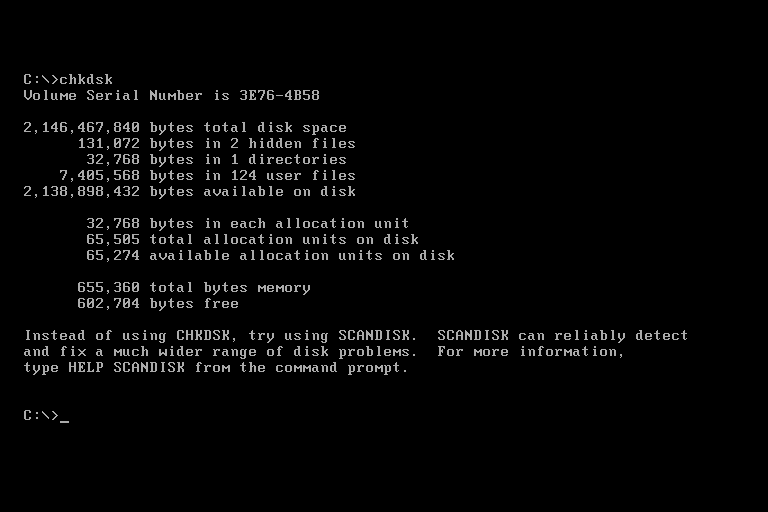
Many years ago, shortly after I obtained my PhD in physical chemistry, I moved from the UK to go and live in France. Basically I had met a French girl whilst living in Bristol where I was a postdoctoral research fellow in the School of Chemistry. Things got serious between us, and I decided to move to France to be with her, after my contract at the university in Bristol had ended.
Now that was the easy part. The hard part came with the inevitable realisation that if and when I do move to France, I might really want to pick up some basic rudiments of the language of Molière (as “we in France” sometimes refer to this eloquent tongue), as opposed to the language of Shakespeare.
Now I only had O-level French from way back in the very late 1960’s – which dates my age more or less precisely for those folks in the know – and I had totally forgotten my French grammar and vocabulary. The Brits of my generation who are reading this will no doubt instantly recognize, and hopefully sympathise, with my predicament. Please do… it was no joke! Besides, foreign language GCE O-level exams in my day never really taught you to speak conversational French, only how to pass the exam, if you were lucky, and if you applied yourself accordingly.
So when I did make the move from the UK to France on a very cold and late December in 1982, I was essentially thrown into the deep end, so to speak. I was due to start at my new research facility at the “Laboratoire de Physicochimie” on the campus of the “Université de Bordeaux” in early January 1983. My new contract required me to teach practical laboratory classes and tutorials – all in French of course. A veritable baptism by fire if I’ve ever heard of one!
I persevered and struggled along in “franglais” through my first classes and fortunately after a few weeks, communication difficulties with my students slowly began to improve. But it was at this point I discovered a curious thing… many of the chemistry textbooks had some rather strange names for commonplace, and well known, physical and chemical laws. I was teaching first year university thermodynamics at the time, and one name in particular I kept coming across was Mariotte’s Law (the “loi de Mariotte” according to the French chemistry textbooks). “Now who on earth is this guy Marriotte?” I wondered.
On closer inspection it turned out that this law, Mariotte’s Law, is in fact Boyle’s Law, discovered by Sir Robert Boyle, the Anglo-Irish physicist. Hmm… I recalled at the time: this needs exploring further, since I was a stickler for historical accuracy, chronology and appropriate scientific recognition.
Now please remember, dear reader… this was many years before the Internet and the instant access to digital information that we all enjoy today. So it did take me some time to dig around in various encyclopaedias and reference texts to find precisely what I was looking for: that Sir Robert Boyle, now famous, of course, for his statement on ideal gases that PV = Constant, discovered this relationship in 1662. His French counterpart, the physicist Edme Mariotte, independently discovered the same relationship in 1679, seventeen years later!
Success!!
The following week I strode triumphantly back into my class, showed all my students my research findings, together with the proof, and declared to them victoriously: “From now on, we shall all be calling this law Boyle’s Law in my tutorials and lab classes. You can all forget your “Loi de Mariotte”!
I just wonder how many other countries make similar changes, proudly declaring and bestowing their own national heroes with somewhat dubious, historically inaccurate, credit. Germany, possibly? Or Russia? Quite likely. No doubt there are many others like them 
Scientific food for thought… perhaps?


In Germany, this is referred as “Boyle’sches Gesetz” and also as “Boyle-Mariotte-Gesetz” 🙂
However, the French still have a major stake in this field, with Avogadro’s law, Gay-Lussac’s law, Amontons’ law and the ideal gas law as first stated by Clapeyron…
A slightly different tack. A Random walk through science, is worth a look if you can find a copy. It contains some serious articles liberally peppered with the more light hearted., like the art of finding the right graph paper. Another of my favourites is “A glossary for research reports”. Which such entries as “… accidentally strained during mounting” – We dropped it or “Correct within an order of magnitude – Wrong”.
It was produced by the British institute of Physics in 1973 so probably unavailable new, although it does appear occasionally on a well known auction site.
Hi Mike,
Duly noted. I am aware of the “Random Walk” book by R. L. Weber. Got an old copy on my book shelf, although I haven’t referred to it in some time. Thoroughly enjoyed it at a first reading.